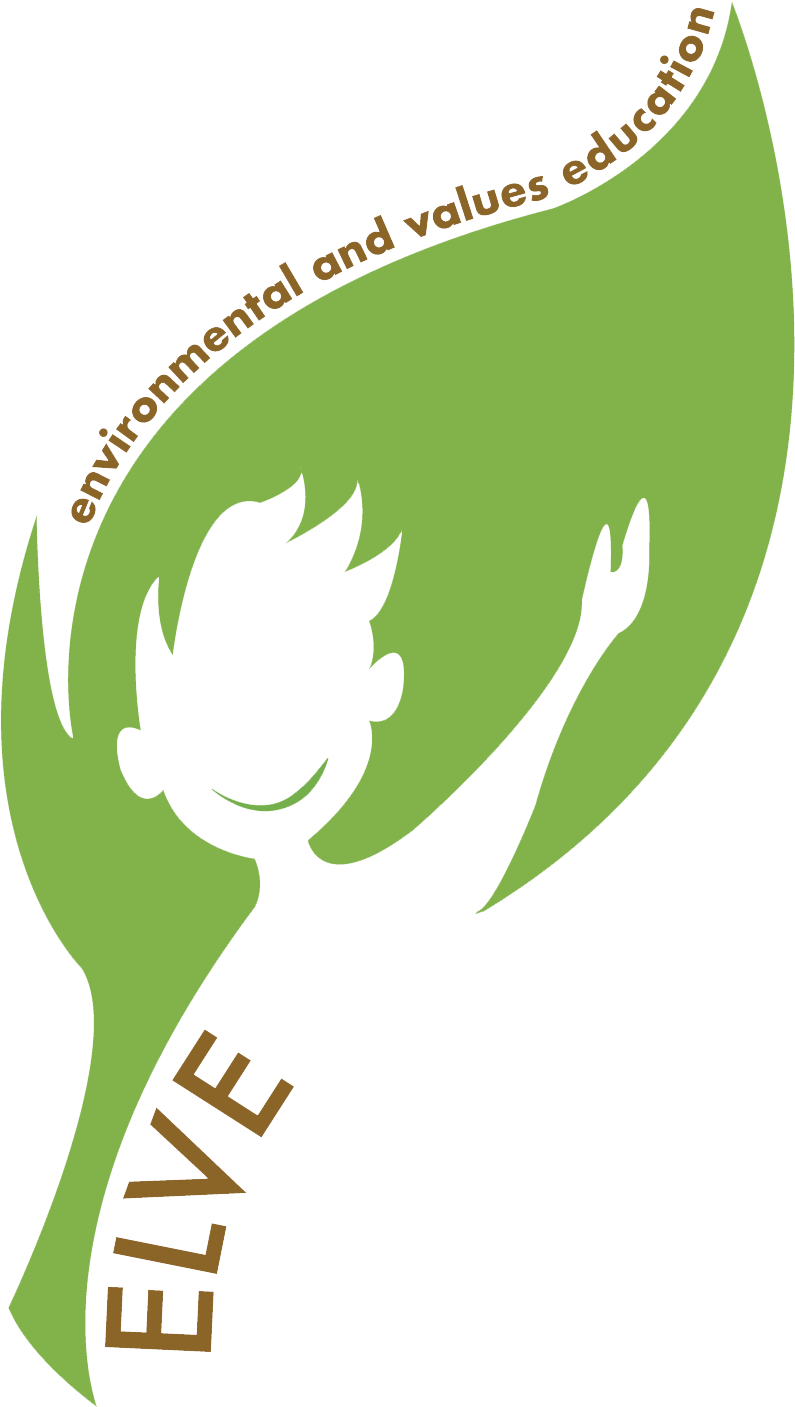We take care of our planet
Age6-9
ValueDemocratic
LocationIndoor
Recommended group size1-5
Recommended time / Minutes15-30
| Topic | Sensitivity |
| Overview | It is very important to raise the awareness of children to love and appreciate the natural world and to act in correspondence with these feelings, contributing to its care and preservation. These notions are closely related to the concept of peace, which implies, among other things, that the natural world remains beautiful. |
| Learning objectives | ✔ To develop in the children knowledge about the natural world and the need to love it and take care of it for its conservation. ✔ To promote positive emotional experiences in their relation with the natural world |
| Skills developed | ✔ Raise awareness about the importance of sensibility for the environment ✔ Connect the senses with the observation of environment ✔ Develop sense perception as the means through which knowledge is gathered ✔ Be able to recognize physical and emotional sensitivity |
| Method | We want to promote the sense of group work about the protection of the environment and, for this reason, we hereby propose to create a “club” at school for the promotion of environmental protection. The aim of this club is to promote, among children, positive emotions and loving feelings towards plants, animals, nature and the world in general. |
| Materials | For the creation of the ID, Passports and advertising posters, we need: a place with furniture and necessary materials, colour cardboard, stickers, glue, scissors, ribbons, sticky paper, coloured papers, strings, coloured pencils, temperas, white paper… |
| Guidelines | Each child who wants to join the club has to learn that the environment is a gift they have received and as a consequence they have to love and preserve it. We can guarantee an appropriate environmental education only by learning these things.
This education has to begin at early stages; first of all, it will consist only of things like “please, don’t step on those leaves” or “don’t hurt the environment where that animal lives”, but later children will be taught more specific pieces of knowledge and ways of acting in the daily life to preserve the environment: The caring of the orchard, the cleaning of the school... Through all the pedagogic and methodological possible ways.The program has the following SPECIAL ELEMENTS:MEMBERSHIP CARD: Each child will receive a membership card to record in it the activities and excursions conducted outside of the school.PASSPORT: To motivate children to complete the activities that foster positive attitudes towards the care of the environment and the development of values, each child will be issued a passport. Each time the child masters an adequate attitude towards the area being worked on, the teacher will stamp the passport. When it is fully stamped, the child will be issued a diploma as caregiver of the planet.DIPLOMA FOR THE CHILD WHO CARES FOR PLANET EARTH: To be given at the end of the school year (or the period the facilitator considers).ENVIRONMENT PROTECTION AMBASSADOR(S): Each month (or when the facilitator considers), the group will draw a poster with the aim of informing other children in the school about the topics related to the protection of the environment.Here, you have a time table which can be adapted by the facilitator:SEPTEMBER – BIO-SAFETY AND COVID (basic rules in the school and why, hazard recognition, chain of infection, hand-washing, etc).OCTOBER – TRANSPORTATION AND POLLUTION. Invite others to use low-emission transports such as bicycle, walking…NOVEMBER – A HEALTHY PLANET BEGINS WITH HEALTHY CHILDREN. The importance of healthy eating: eat healthy!DECEMBER – WE VISIT A ZOO (or another place where kids can be in contact with animals).JANUARY – THE COLORS OF RECYCLINGFEBRUARY – ALERT! ENDANGERED SPECIESMARCH – WHAT IS CLIMATE CHANGE AND ITS CONSEQUENCESAPRIL – HOW TO TAKE CARE OF PLANTS AND URBAN SPACES.MAY – CLEAN AND RENEWABLE ENERGIESJUNE – THE IMPORTANCE OF WATER. DO NOT WASTE IT!JULY – WHAT IS GREEN ECONOMY?AUGUST – THE MONTH OF THE UN. DO YOU KNOW THE SUSTAINABLE DEVELOPMENT GOALS (SDGs)? https://www.unenvironment.org/explore-topics/sustainable-development-goalsThe activities can be organized month by month around several areas. They are grouped to help the facilitator select which activity or activities to be carried out with the children according to their current interest, motivation or curricular phase.Each month, the children of the club will work to raise awareness about the theme of the month. They will ask: Do you want to join the club? Do you want to change the world?The facilitator can organize sessions and informative talks in the class or school. Moreover, different guests can be invited from outside the school to give talks, or make up informative posters to decorate the common areas, brochures to take home with relevant information...etc.Holiday months will be covered by organising a talk during the last days of school proposing activities to implement with the children’s families (for example: implement certain activities or watch videos about green economy and SDGs for children, see additional materials). |
| TipsAdditional materialsHow to apply online?What to do at home? | Tips:Facilitators can also explain why we have to protect our environment by using figures that can be found at https://www.unenvironment.org/Additional Materials:You can make the membership cards, passports and diplomas using Canva: https://www.canva.com/create/id-cards/How to apply it online?This activity can be adapted and take place remotely by giving the talks online and sending the ID cards and passport as pdf files.What to do at home?All the activities can be designed and adapted to be implemented indoors and outdoors. Inspiring resources to recommend for the holiday period: https://www.un.org/sustainabledevelopment/student-resources/ https://www.plasticethics.com/home/2018/10/18/animated-video-clip-re-thinking-progress-the-circular-economyVideos about green economy and SDGs for children:Global goals: https://www.youtube.com/watch?v=cBxN9E5f7pcSustainability and recycling: https://www.youtube.com/watch?v=5ACfPVA-EE8 |
| Author | M. Begoña Arenas (ITC) adapted from the material “A CLUB FOR YOUTH WHO TAKE CARE OF PLANET EARTH” from the AVAL project. |
| Download | Download |
